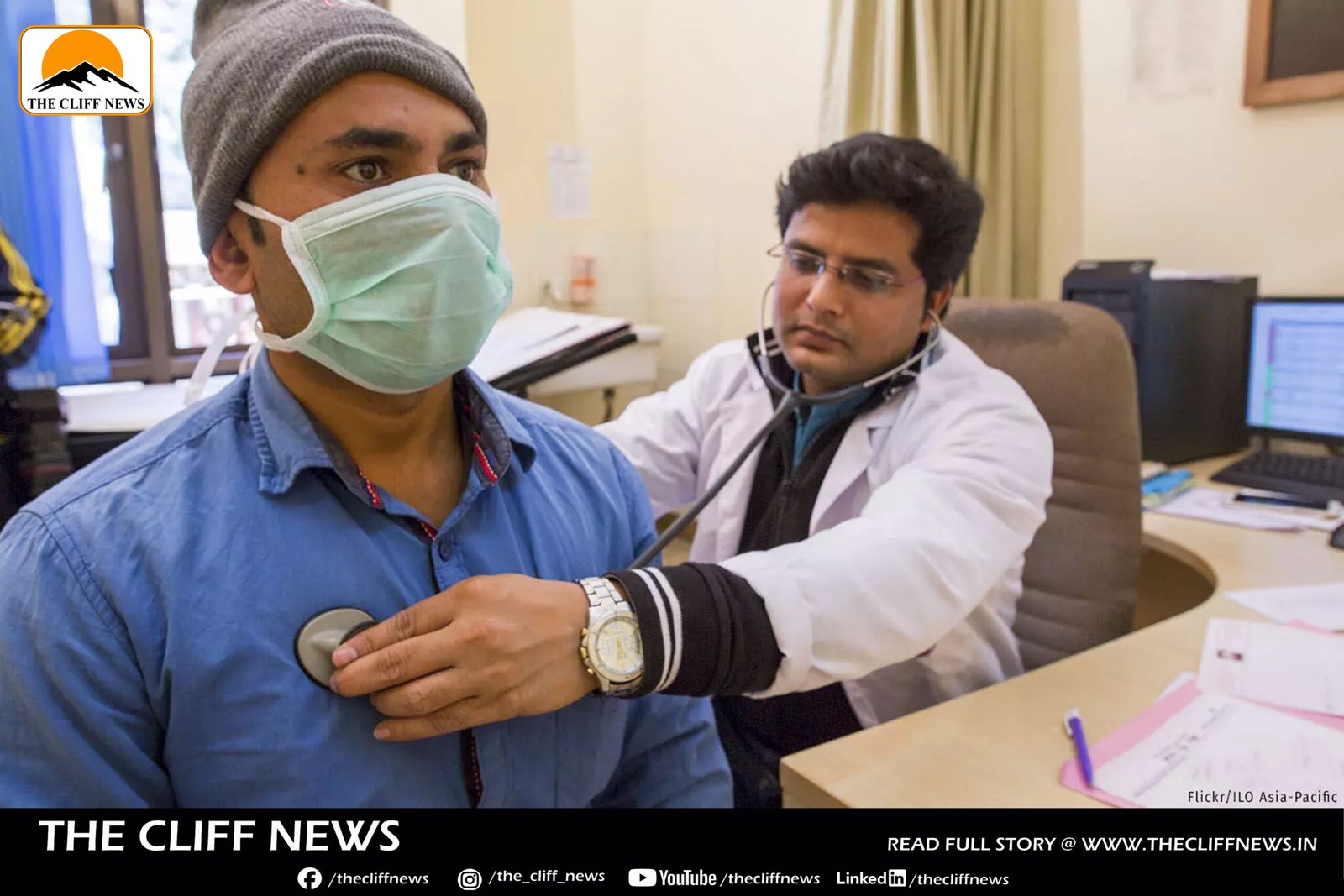Puducherry’s Intermediate Reference Laboratory (IRL) at the Government Hospital for Chest Diseases has been ranked the best-performing TB laboratory in India, lauded for its exceptional diagnostic capacity and expansive reach beyond the Union Territory into Tamil Nadu and neighboring regions, according to S. Govindarajan, Mission Director of the Puducherry State Health Society (PSHS).
The lab, a vital component of the National TB Elimination Programme (NTEP), conducts up to 1.2 lakh tests annually, supporting the detection and management of tuberculosis cases at the regional level. IRLs function as state-level hubs, linking peripheral labs with national reference centres through advanced testing and quality control.
“We’ve seen a significant increase in our TB testing rate to 5,268 per lakh population in the first quarter of 2025 — a 136% jump compared to 2015,” Govindarajan said.
High Testing Rates, Despite TB Deaths
Though Puducherry faces a TB death rate of nearly 10% — largely due to patients from neighboring states seeking care — the territory has shown marked improvement in screening. The rate of examining presumptive TB cases increased from 2,233 per lakh in 2015 to 2,526 per lakh in 2024.
“Presumptive TB” refers to individuals showing symptoms suggestive of the disease who require further testing for confirmation.
Targeted, Community-Focused Interventions
To combat community transmission, Puducherry has implemented door-to-door active case finding, focusing especially on vulnerable groups that may not present typical symptoms. In 2023, over 5.2 lakh individuals were screened, with more than 42,000 examined using ultraportable hand-held chest X-ray devices, said Dr. C. Venkatesh, State TB Officer.
Abnormal findings were followed by NAAT (Nucleic Acid Amplification Test)—the gold standard for TB diagnosis.
Further, under the national TB elimination program, 3.74 lakh vulnerable individuals were mapped and 3.8 lakh screened, achieving 102% coverage of the intended target.
“This targeted approach is a game changer in early diagnosis and significantly boosts Puducherry’s potential to meet TB elimination goals,” said Dr. Venkatesh.
A National Context
India has achieved a 17.7% decline in TB incidence between 2015 and 2023, but the absolute number of cases remains high. The Union Health Ministry credits the improvement to advanced diagnostics, stronger policies, public-private partnerships, and a patient-first strategy.
Puducherry’s success, especially with early detection using modern tools and strategic mapping of high-risk groups, is emerging as a model for other regions in the fight against tuberculosis.



